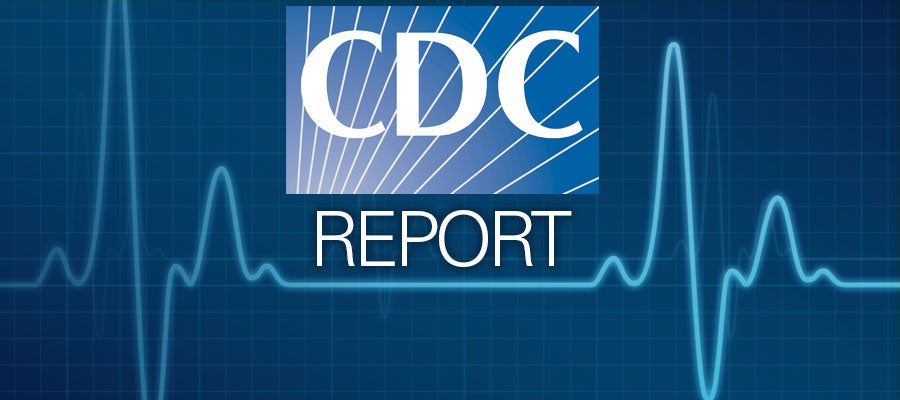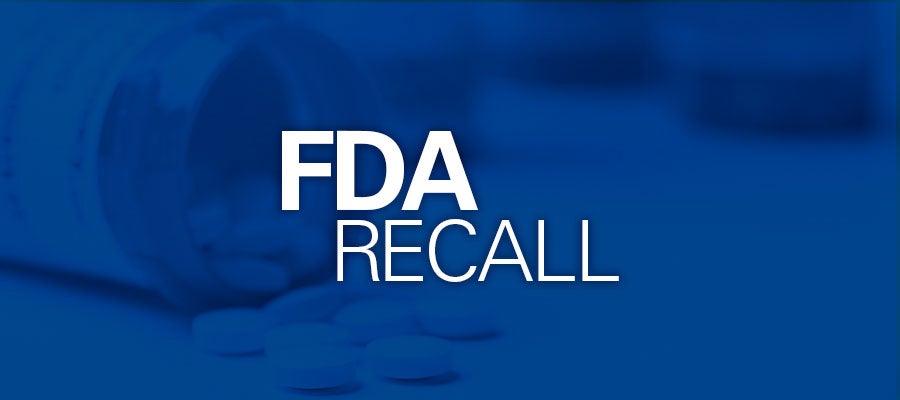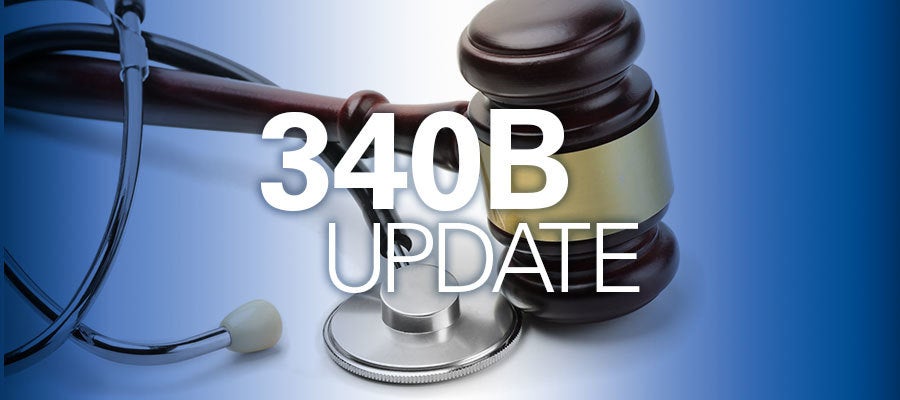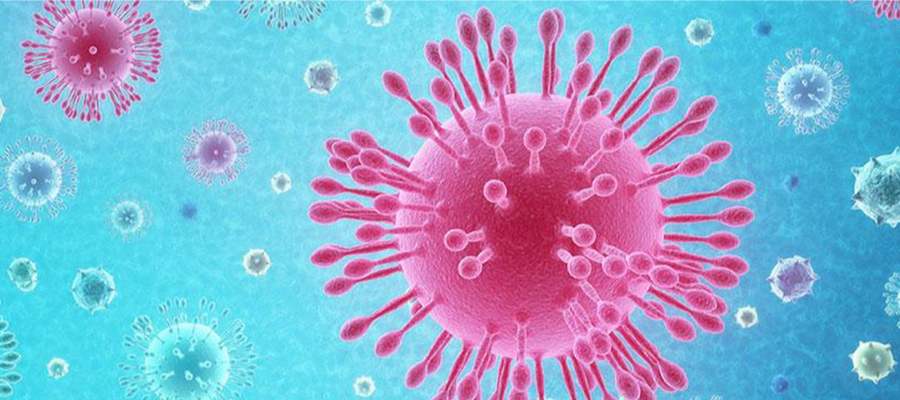
The Health Resources and Services Administration expects in mid-August to distribute half of the $5 billion in Provider Relief Funds announced last month to enhance COVID-19 response at Medicare-certified long-term care facilities, the agency said Friday.







